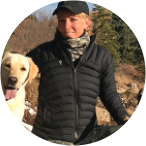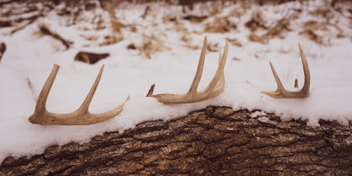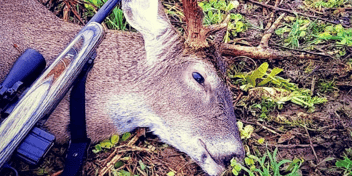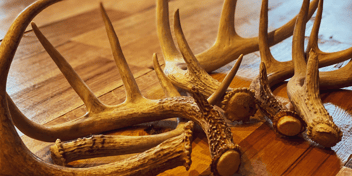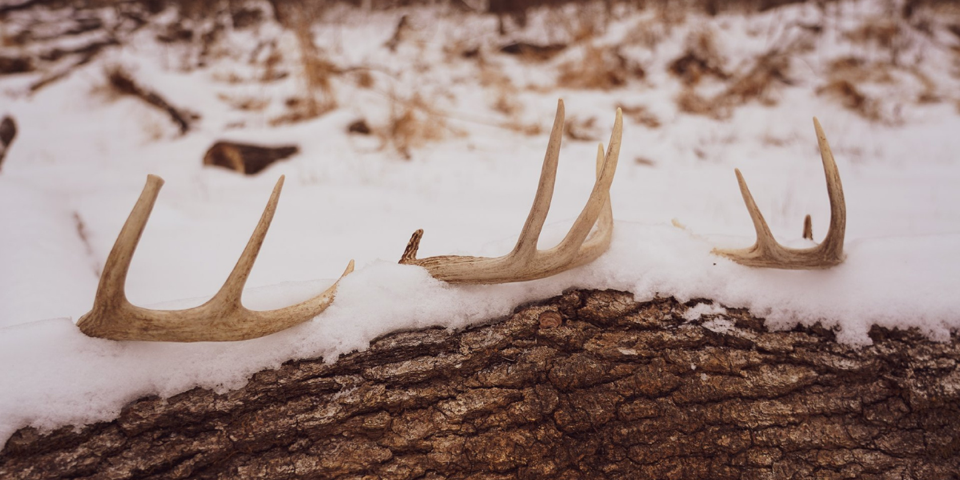
Like clockwork, shed hunters are out in droves in the springtime. Not only is it great exercise, but it is also a fun way to spend some time outdoors in otherwise “off” seasons. Another bonus is that it is an activity that the entire family can do. With that, it isn’t as easy as wandering and finding great sheds. It does indeed take some planning and a bit of knowledge to make for successful shed hunting.
1. Check dates
Be aware that some states do indeed have specific dates for shed hunting. Hunting sheds out of season in those states can result in some hefty fines. As well, some states require a hunting license for shed hunting. Check your state regulations.
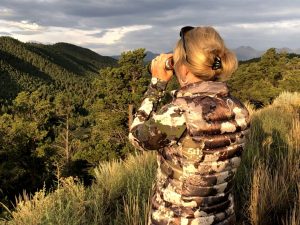
2. Follow fence lines
Often, bucks or bulls will drop their horns when jumping the fences. It’s a great place to start looking.
3. Use your optics
You can save yourself quite a bit of time by slowly glassing hillsides for horns when you are shed hunting in open spaces.
4. Go slow
Don’t be in a huge hurry to cover the ground. Go slow and look methodically. I also recommend turning around occasionally as sometimes you can catch a glimpse of a horn that you may not have seen from the other direction.
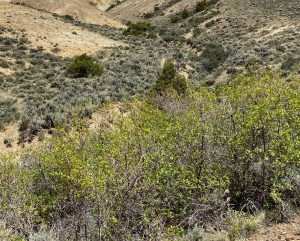
5. Look closely underbrush in ravines
These areas are often used by deer and elk to bed down during the winter months and horns can be plentiful in these areas.
6. Run the ridges
It is common for deer and elk to keep to the ridges during the winter months and finding drops in well traveled ridges and ravines is common.
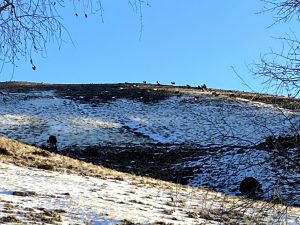
7. Utilize a GPS system like OnXMaps
This will help you ensure that you are not trespassing. But more importantly, you can often find public land that looks private.
8. Happenstance
You may also encounter some winter-kill animals that have great “dead heads” or skulls. These are fantastic finds but check with your state wildlife agency to determine the legality of picking these up.
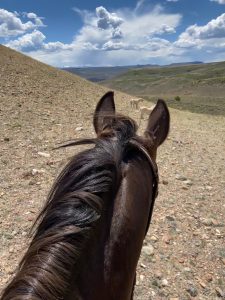
9. Game Trails
Some of the best places to find sheds are along well-traveled game trails. Simply walk the trail but make sure to look closely beyond. You will be surprised to see how many horns you can find.
10. Avoid wildlife
In many states, shed hunting is allowed in late spring and early summer. Do your best to avoid bumping any wildlife and causing undue stress during the fawning/calving season.
11. Got a horse?
Searching for sheds via horseback is a great way to get a birds-eye view. Not only can you cover a lot of ground, but you can also visualize a lot further. And hey, you also have a Sherpa to carry your finds!
If you love shed hunting, it is well worth spending the time to cover a lot of ground. What’s even better is you can still find sheds well into the next hunting season.
About the Author
